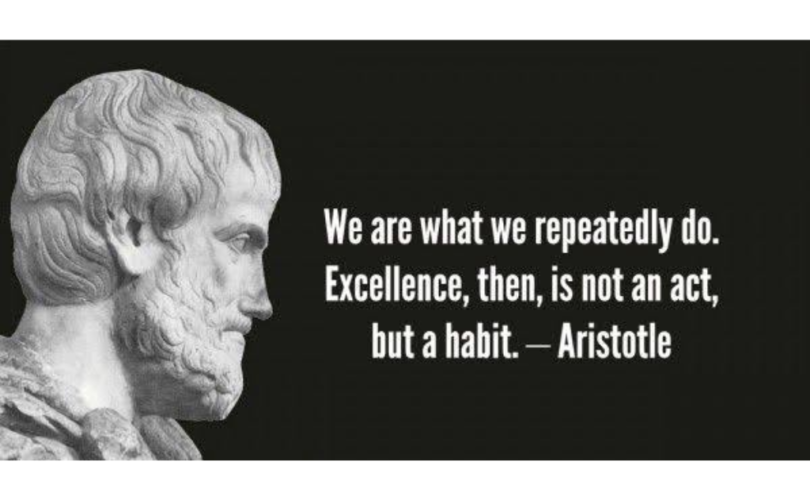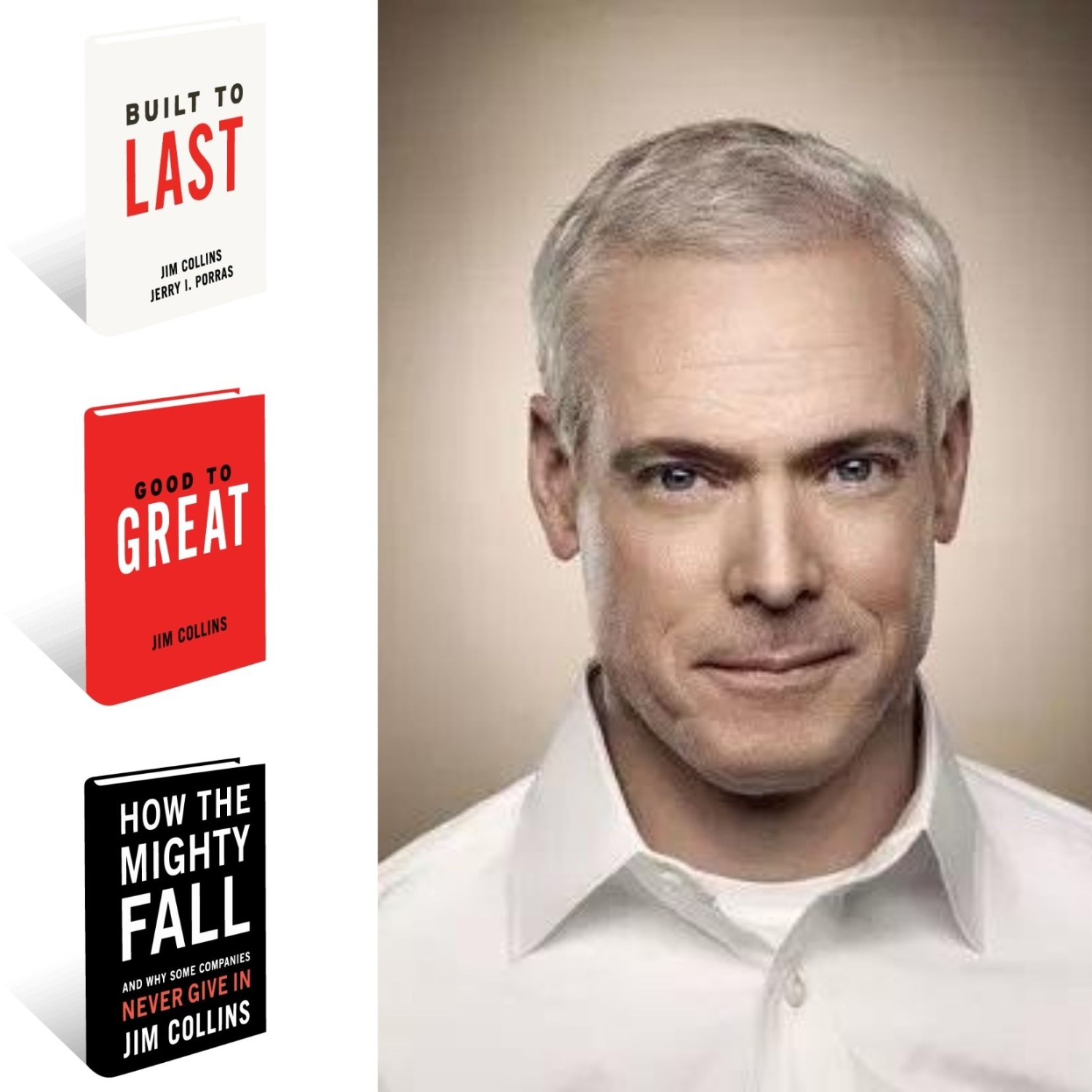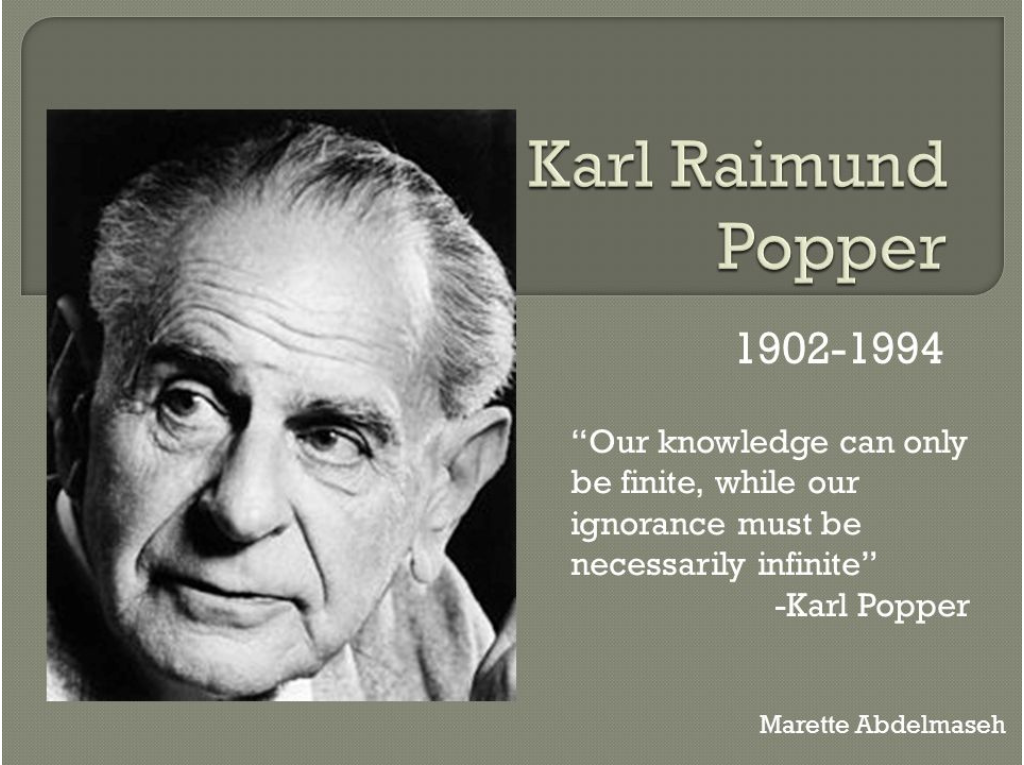Imagine you spend all your free time practicing 3 points basketball shot. You’re constantly landing into hoop. You’re consistently working on it. Here’s the thing: the more you practice, the better you become. The 3 points shot become a part of who you are. You may shot with your eyes closed.
Aristotle is saying something similar with “we are what we repeatedly do.” It’s not just about basketball, but about everything you do regularly. Do you spend a lot of time studying? You’re building the habit of being a studious person. Always helping others? Kindness is becoming a part of you.
Think of it like building a house of bricks. Each good choice, like practicing that trick or helping a friend, is a brick. The more you keep doing those things, the stronger the house (your character) becomes.
The cool part? This works for bad habits too. If you’re constantly putting things off, that procrastination habit gets stronger.
So, the next time you’re about to make a choice, think about what kind of brick you’re laying. Are you building a strong, responsible you, or something else? It’s up to you!
It aligns with Socratic thought focusing on the connection between action and character. Here’s how to unpack the idea:
- Habits define us: The things we do consistently become ingrained as habits. These habits, in turn, shape our character.
- Actions reflect our values: Our repeated choices reveal our underlying values and priorities. Are you someone who helps others regularly? You’re probably cultivating kindness as a core value.
- Practice makes permanent: The more we repeat a behavior, the easier it becomes. This applies to both positive and negative habits. Doing something repeatedly helps you improve. If you practice honesty, you become a more honest person.
- Imagine yourself like a path: The more you walk a certain way, the clearer that path becomes. Your repeated actions are like footsteps creating a path that defines who you are.
- Habits shape you: If you do something again and again, it becomes a habit. These habits mold your character and what you’re good at.
Socrates emphasized self-examination. By reflecting on our actions, we can understand ourselves better. “We are what we repeatedly do” encourages us to be mindful of our habits and the kind of person they are shaping us into.
Trying to explain to your kids, then “
Imagine you love drawing! Every day, you grab your crayons and paper and create amazing pictures. The more you draw, the better you get at using different colors, drawing cool shapes, and making things look real.
This is kind of like what Aristotle meant by “we are what we repeatedly do.” Basically, the things you do a lot become a habit, and those habits start to define who you are. If you practice kindness a lot, you become a kind person. If you keep working hard at something, you become good at it!
So, think about the things you do most often. Are they things that make you happy and proud? If not, you can always choose new habits to practice and become someone even better!”







